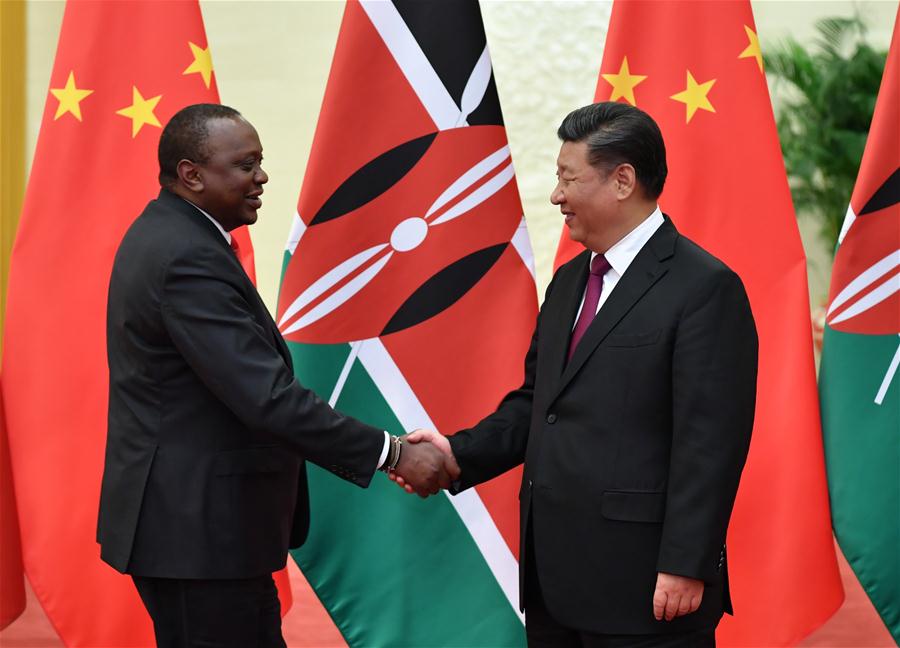China and Africa: a true friendship and beyond


As the continent with the most developing countries is finding its rightful place in the world, China's actions show what it means to be a responsible contributor to Africa's success.
Chinese President Xi Jinping has outlined the new blueprint for China-Africa cooperation, including eight cooperation initiatives, which was warmly welcomed by those attending the Forum on China-Africa Cooperation (FOCAC) Beijing Summit from Sept. 3 to 4.
In the theme that it promotes, the measures it rolls out, and the impacts it has on African countries, the summit reaffirms the true friendship between China and Africa and their shared commitment to world development.
Viewing Africa as a great continent full of hope and with great potential, China is sincerely helping Africa explore its path toward revitalization. China respects the core interests of African countries, and, in the new era, links the Belt and Road Initiative with the African Union's Agenda 2063 and African countries' development strategies.
China's involvement in Africa is beneficial to the combined 2.6 billion Chinese and African people, over one-third of the world's population.
Giving top priority to the interests of the Chinese and African peoples, China complements Africa's development through its own growth. The country has been helping Africa alleviate poverty, increase employment and incomes, and improve the lives of the people.
It is up to the people in China and Africa to judge the nature and the performance of China-Africa cooperation. Citing a report, Djiboutian President Ismail Omar Guelleh said 89 percent of the employees of the Chinese companies operating in Africa are Africans, which translates into several million jobs across the continent.
Throughout its cooperation with Africa, China has always acted responsibly, with concrete actions.
China has pledged to support Africa in achieving general food security by 2030, open more direct flights between China and Africa, seek to expand exchanges and cooperation in addressing climate change, create a China-Africa peace and security fund, and provide more assistance for youth, healthcare, and people-to-people exchanges, among other measures.
The eight cooperation initiatives precisely target the bottlenecks in development in Africa. To achieve these goals, China has pledged a new 60-billion-U.S. dollar financing plan.
South African President Cyril Ramaphosa said China-Africa partnerships "will be contributing to the expansion of Africa's productive capacity and the creation of new industries."
Rwandan President Paul Kagame rejected misinterpretations of China-Africa ties, saying "Africa is not a zero-sum game and our growing ties with China do not come at anyone's expense. Indeed the gains are enjoyed by everyone who does business on our continent."
When Xi invited African countries to board the express train of China's development in his keynote speech, the warm applause from African guests at the Great Hall of the People came as evidence that China's actions are in line with its commitment to Africa.
China-Africa cooperation has deepened South-South cooperation and boosted efforts to improve the global governance system. As United Nations Secretary-General Antonio Guterres said, the Beijing summit "exemplifies the win-win globalization that is necessary for the future world."


































